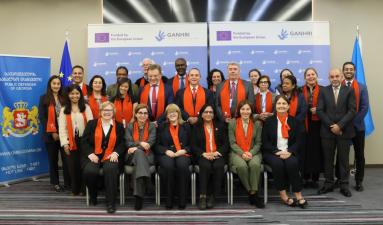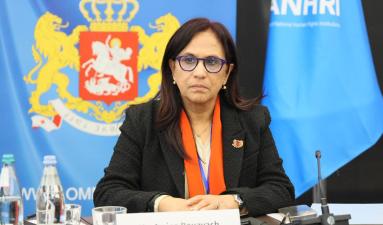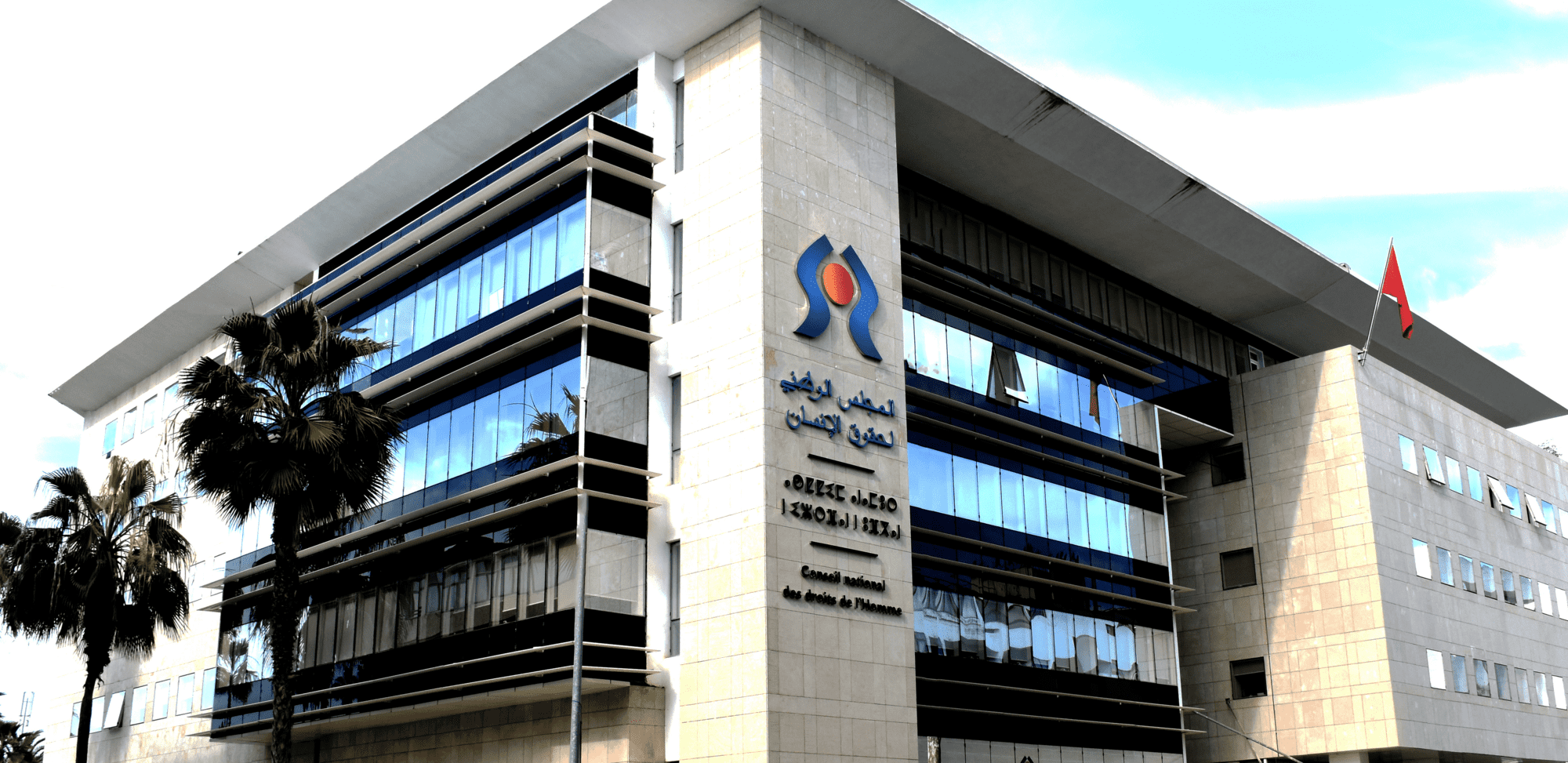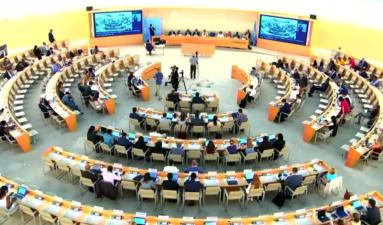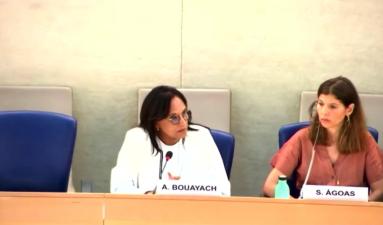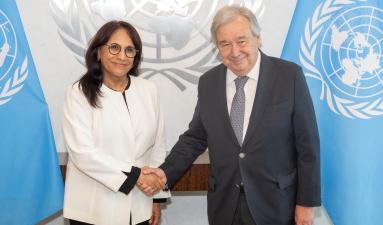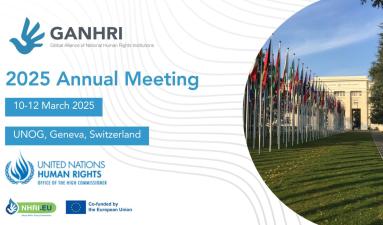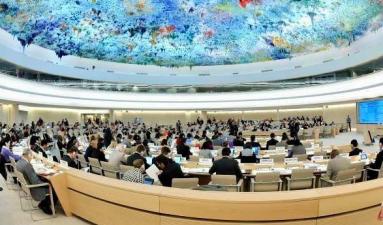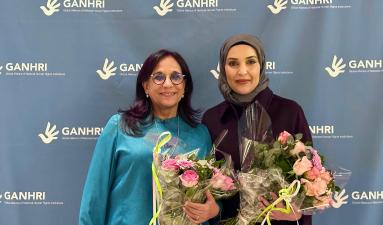The National Human Rights Council (CNDH) Chairperson, Amina Bouaych, participated, on Thursday 3 December 2020, in the Annual Meeting of the Global Alliance of National Human Rights Institutions (GANHRI), on the implementation of national human rights institutions (NHRIs) mandates and functions in the COVID-19 context.
This virtual meeting aims to share NHRIs’ experiences in the implementation of their mandates in the context of the COVID-19 pandemic. It intends to exchange knowledge on how States are responding to contain it. This event also seeks to take stock of promising practices, innovative approaches and methodologies developed by NHRIs regarding the exercise of their mandate and functions in the health emergency context and the resulting challenges.
"The current pandemic crisis has allowed us to redefine priorities, especially in the areas of health and education," said the CNDH President.
Ms. Bouayach outlined different forms of collaboration of the CNDH with the government, parliament, national authorities and civil society in the context of the pandemic. These collaborations aim to ensure and guarantee the fundamental rights of vulnerable groups.
The Ministry of Economy, Finance and administration Reform chairs the Economic Watch Committee (CVE). Thus, the CNDH approached the Ministry to extend the financial support measures taken by the government to all vulnerable groups, including persons with disabilities, migrants and refugees, etc.
Ms. Bouayach also underlined that the CNDH continues interacting with the parliament to which it submitted recommendations and observations related to Bill 72.18 on the system related to beneficiaries of social support programs and the establishment of the National Register Agency. It also submitted its opinion on Bill 46.19 on the National Authority for Probity, Prevention and Fight against Corruption.
Regarding monitoring actions, Ms. Bouayach affirmed that the CNDH undertakes the functions of the National Preventive Mechanism (NPM) and continue to monitor places of deprivation of liberty.
In this context, she said that during the Covid-19 period, the NPM conducted 12 field visits to places of deprivation of liberty. The purpose of the visits was, inter alia, to verify whether the preventive measures recommended by the public authorities against Covid-19 are in place in compliance with international standards, including the United Nations Subcommittee on Prevention of Torture (SPT) opinion in this regard. Within this framework, she also stated that the Royal pardon was granted to 5,654 prisoners at the beginning of the crisis.
Besides, Ms. Bouayach highlighted the role led by the 12 Regional Human Rights Commissions of the CNDH, alongside public authorities and NGOs. In this regard, she shed light on the effectiveness of the CNDH Commissions in the current context, as proximity mechanisms. She also underlined the importance of partnerships with local actors and civil-society networks that should be reinforced constantly.

